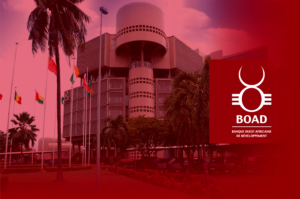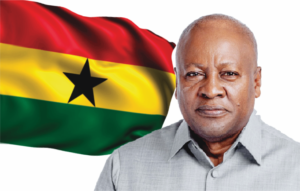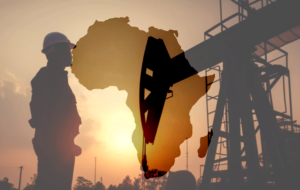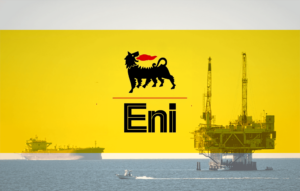The Rise of Intra-Africa’s Trade Ecosystem with the entrance of DP World
As global trade reels from shifting geopolitics, rising tariffs and fractured supply chains, Africa finds itself at a pivotal crossroads, one where self-determination, rather than dependency, could define its economic future. At the heart of this transformation stands DP World, a global logistics giant betting big on the continent’s ability to trade more with itself.
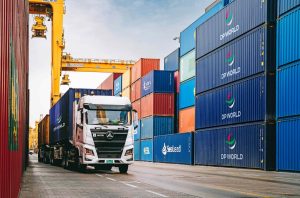
With operations spanning 48 countries and a workforce of more than 28,000 in Sub-Saharan Africa alone, DP World has emerged as one of the region’s most influential players in ports, terminals, logistics, and economic zones. But its ambitions reach far beyond moving cargo. The company is positioning itself as a catalyst for unlocking Africa’s most underleveraged economic advantage: intra-African trade.
Today, trade within Africa accounts for only 15% of total commerce, compared with nearly 60% in Asia and 70% in Europe. For investors, that statistic represents untapped growth potential. To families, workers and small businesses across the continent, it signals missed opportunities, higher costs of everyday goods, fewer jobs and limited access to wider markets.
According to a Sub-Saharan Africa Executive of DP – “Africa already has the winning cards: resources, a young workforce and a rising consumer base. But without efficient logistics, those cards can’t be played to their full potential.”
In Lagos, dockworkers unload containers of rice, machinery, and pharmaceuticals that fuel local markets. In Kigali, small-scale coffee exporters depend on trucks and warehouses that can cut days off delivery times. In Nairobi, retailers seek reliable last-mile logistics to meet the demands of an increasingly digital-savvy consumer base.
DP World sees these pain points not just as logistical headaches, but as strategic entry points. By investing in integrated supply chains, from ports and terminals to inland transport and market access, creating an ecosystem that investors view as “future-ready” and communities see as life-changing, is one their focal objectives.
For port workers in Dakar, efficiency isn’t an abstract concept. Faster processing means more job stability and safer working conditions. For families in Johannesburg, smoother trade routes mean fewer price spikes on imported staples. For entrepreneurs in Accra, it means the possibility of exporting textiles not just to Europe, but also to markets in East and Central Africa.
Take 32-year-old Amina Yusuf, a Lagos-based trader who imports fabrics from Côte d’Ivoire and sells them in Nigerian markets. With trade bottlenecks, her goods often arrive late and costs spiral. “Sometimes the fabrics get stuck for weeks. By the time they arrive, customers have moved on,” she said. “If borders worked better, small traders like me could really grow.”
The African Continental Free Trade Area (AfCFTA), now the world’s largest free trade pact by population, has set the stage for companies like DP World. By aligning its strategy with AfCFTA goals, the company signals confidence to global investors who increasingly see Africa not just as a resource exporter, but as a consumer powerhouse in its own right.
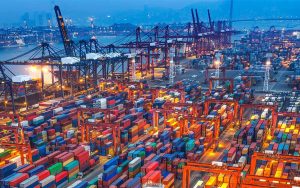
But execution is everything. The challenge lies in balancing boardroom strategies with the realities on the ground; rural roads, customs red tape, and affordability for small businesses. DP World’s multi-billion-dollar investments in ports, logistics corridors, and digital trade platforms aim to address these obstacles head-on.
The stakes are high. For governments, increased intra-African trade promises stronger tax bases and more resilient economies. For investors, it represents one of the fastest-growing markets in the world. For families and workers, it could redefine livelihoods, lifting millions out of poverty and creating sustainable opportunities across generations.
As DP World continues its expansion across Africa, the story unfolding is not just about containers and cranes. It is about reshaping how a continent trades with itself, and how the lives of workers, shoppers, and small businesses are bound up with the flows of goods across borders.
In an era of fractured globalization, Africa’s ability to stand on its own trading feet may be the most transformative development of all, and DP World is betting that the continent is ready to rise.


